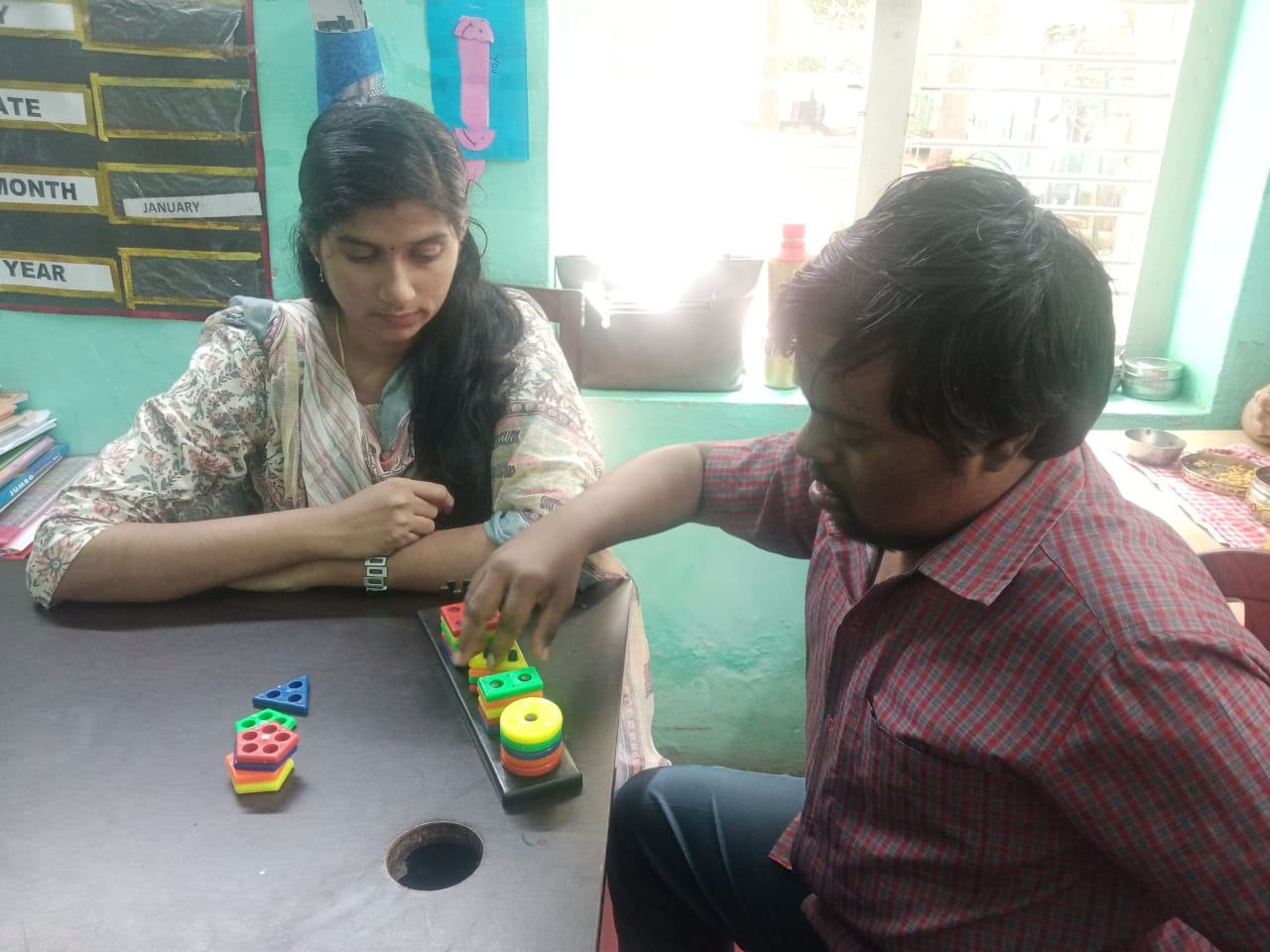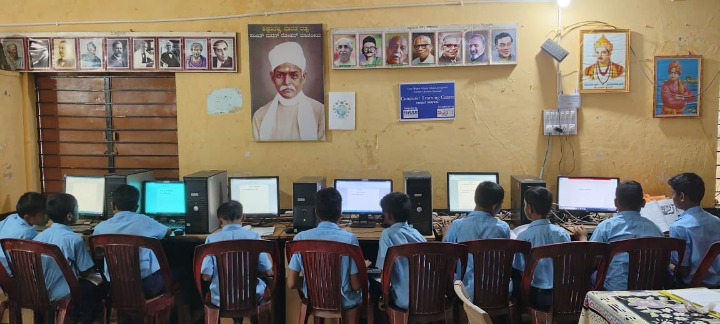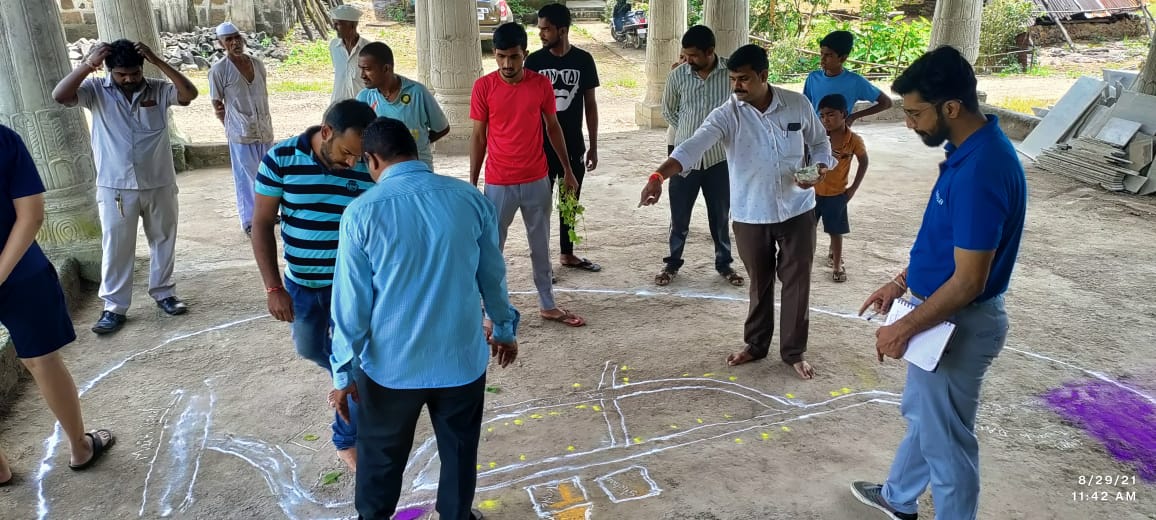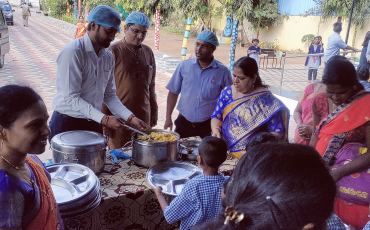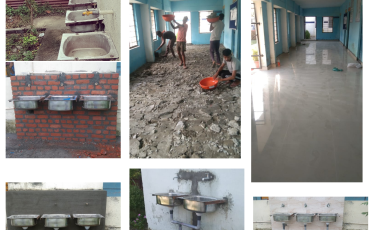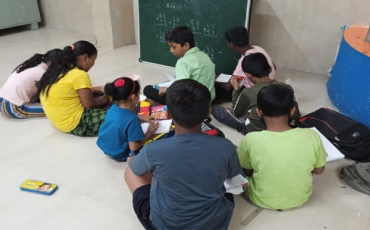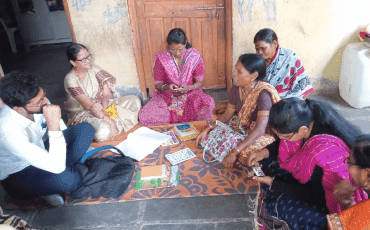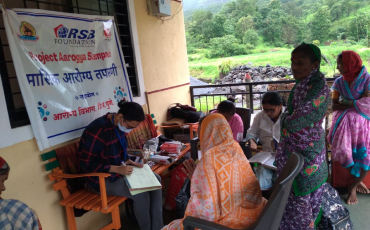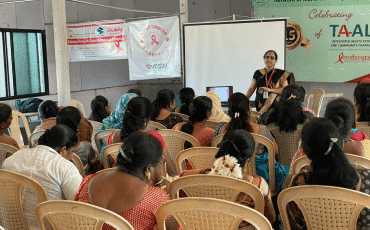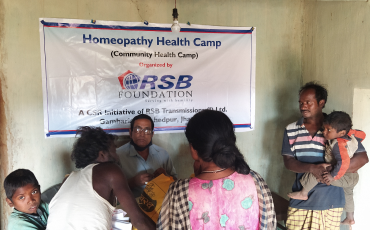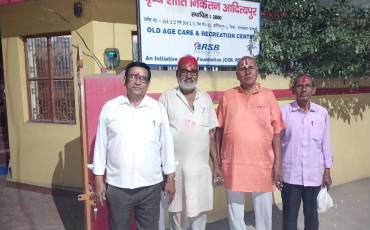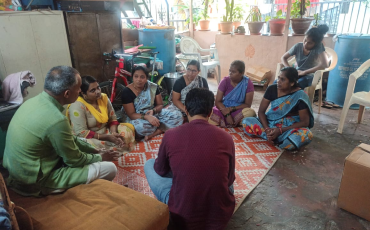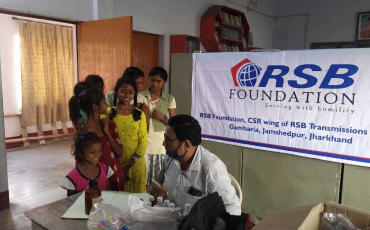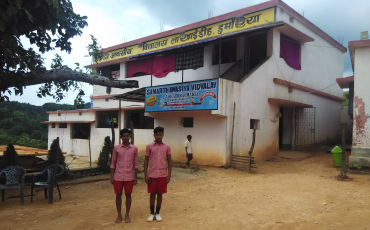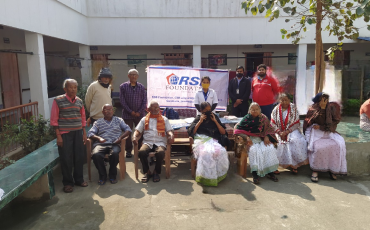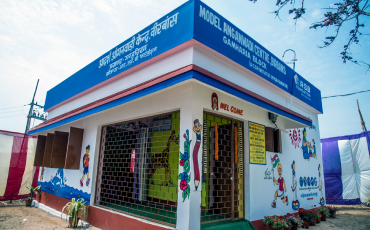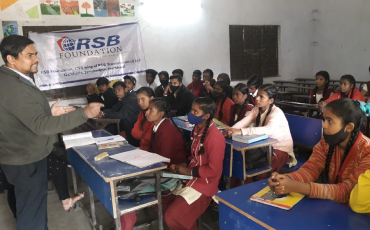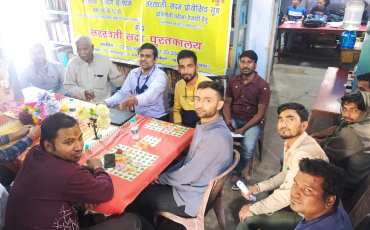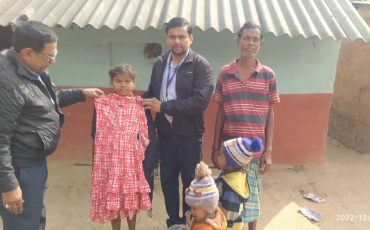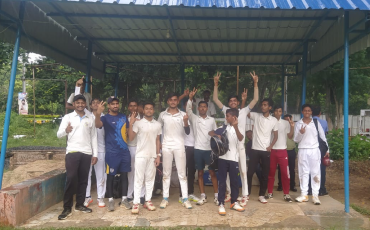



NEEV - 1000 Day Care Project
Project Summary
The first 1000 days of life – between a woman’s pregnancy and the child’s second birthday is a unique ‘window of opportunity’ when the foundation of optimal health and development is established. How well or how poorly mothers and children are nourished and cared for during this period has a profound impact on a child’s ability to grow, learn, and thrive. Poor nutrition during this period can cause irreversible damage to a child’s growing brain, affecting his/her ability to perform well in school and earn a good living. As such, it contributes to society’s long-term health, stability, and prosperity.
A child's development, learning, and well-being are significantly influenced by the quality of nutrition and care provided to mothers and children during this time. It also prevents malnutrition.
Purpose
- To Provide health care and health awareness, screenings, vaccinations, and nutritious food to a child from a mother’s womb till they turn two years old.
- To improve the health indicators of the beneficiaries by providing health care facilities and conducting nutritious food campaigns/Poshan Abhiyaan (Community Poshan Shivir) as required to a child to prevent malnutrition from a mother’s womb till they turn 2 years.
Objectives
- The foundation for optimal health and development is laid during the first 1000 days of life. From a woman's pregnancy till her child's second birthday, is a special "window of opportunity. “The development, learning, and well-being of a child are significantly influenced by the quality of nutrition and care provided to mothers and children during this time.
- Our objective is to reduce incidences of deaths and malnutrition status of pregnant and lactating women and children below 2 years by 75% over 5 years in the selected panchayats of Gamharia block of Seraikela district through a community-based preventive approach through the existing government health systems.
- To promote a convergence mechanism at the district, block, and panchayat levels improving accessibility and utilization of primary health and nutrition care services for mothers and children by addressing the supply-side bottlenecks.
Initiatives
The National Health Mission, ICDS, and Poshan Abhiyaan are a few of the government flagship programs that have emphasized this strategy, demonstrating the current policy framework's emphasis on it. However, to actualize this idea and promote it through the government's frontline service providers, a lot of work needs to be done at the system level with important departments (such as health and social welfare) and at the community level with mothers who are caregivers. This necessitates the need for external support. We have held various initiatives to help the villagers understand the effects of malnutrition and the mortality rate of children below two years. Our efforts support community engagement and service providers for capacity building.
Impact
Malnutrition can cause permanent harm to the developing brain of infants, which can impair their capacity to learn effectively and make a respectable living. Our initiatives support the long-term prosperity, stability, and well-being of society.
Similar Events
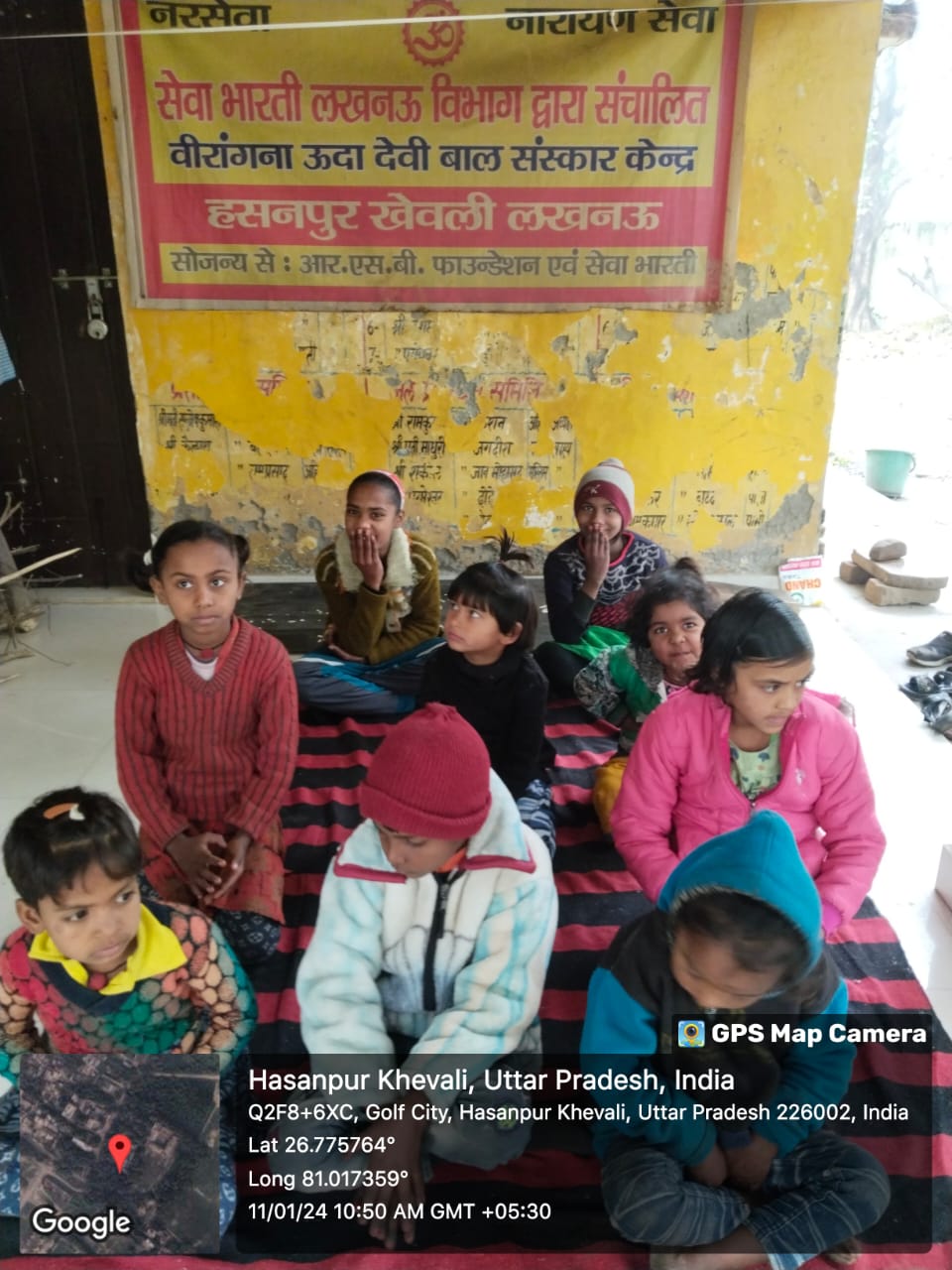


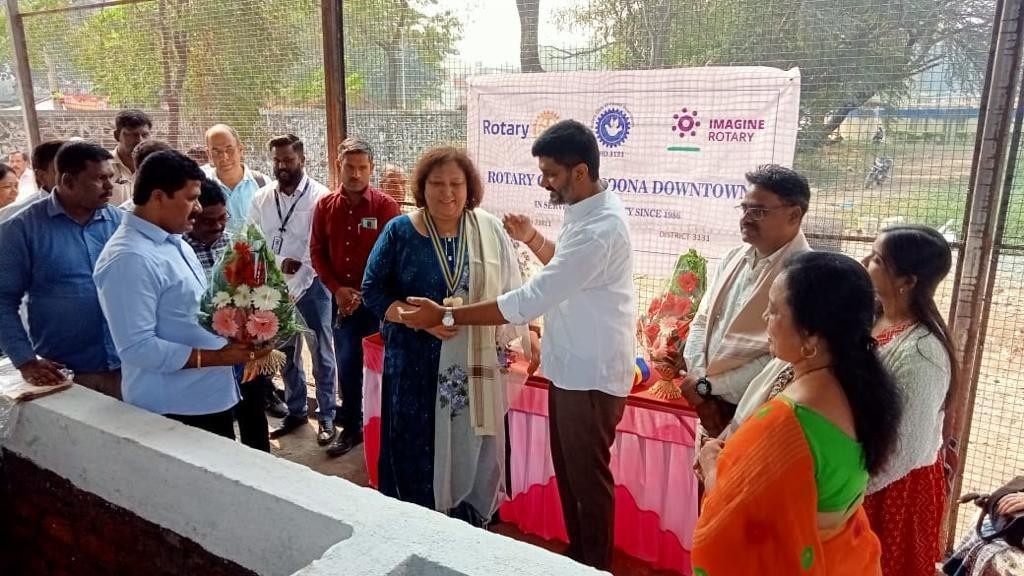
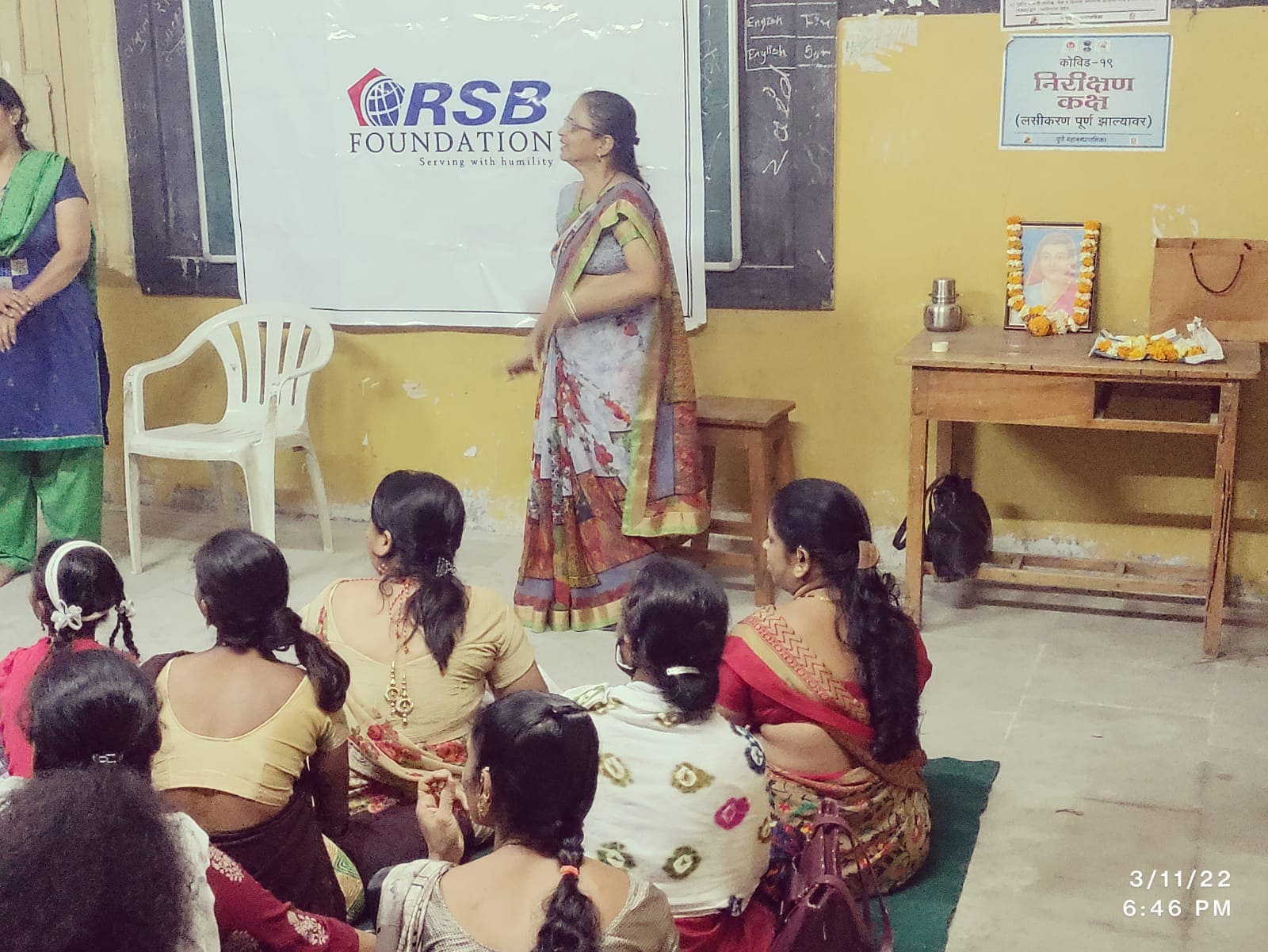
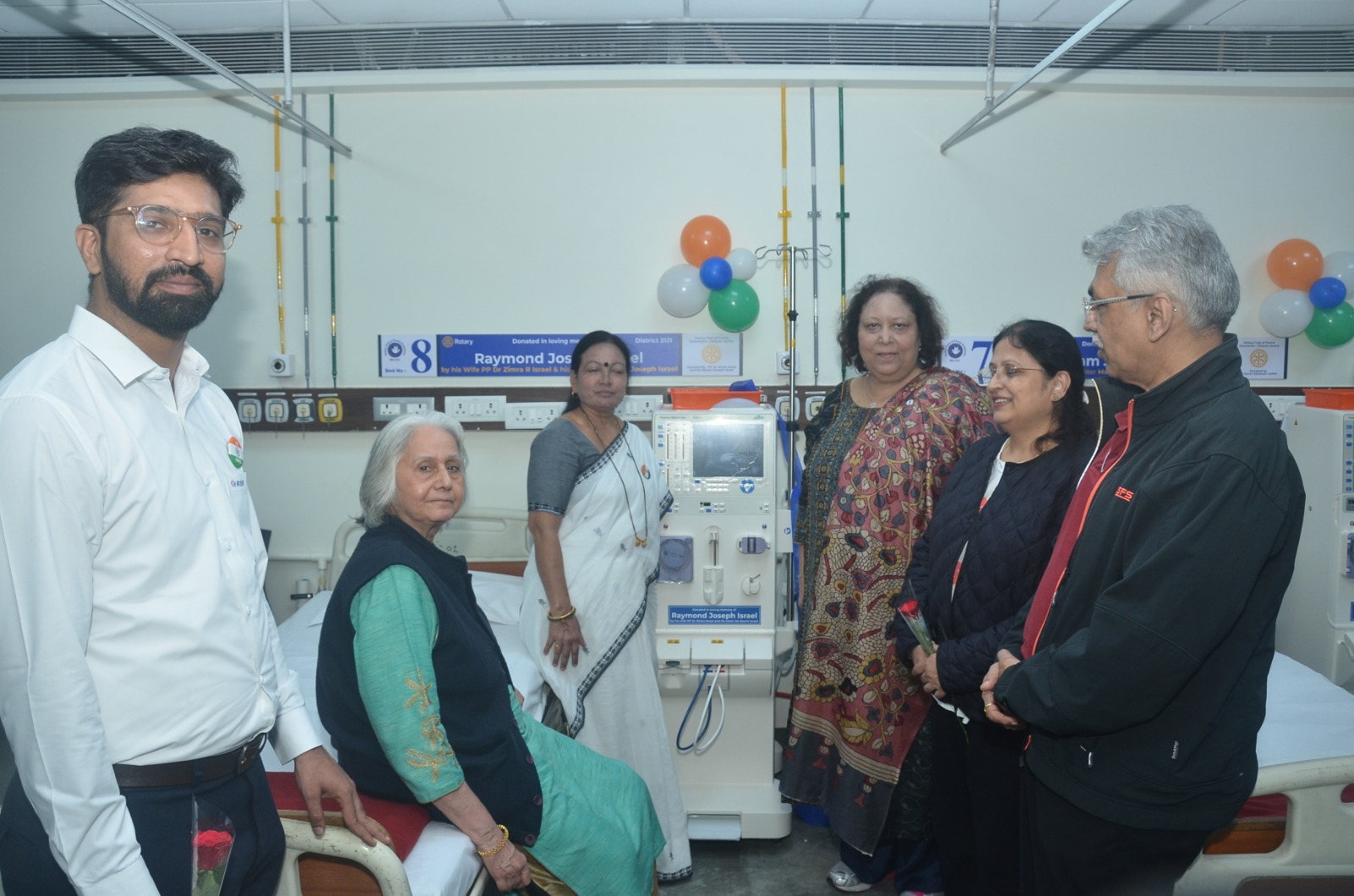
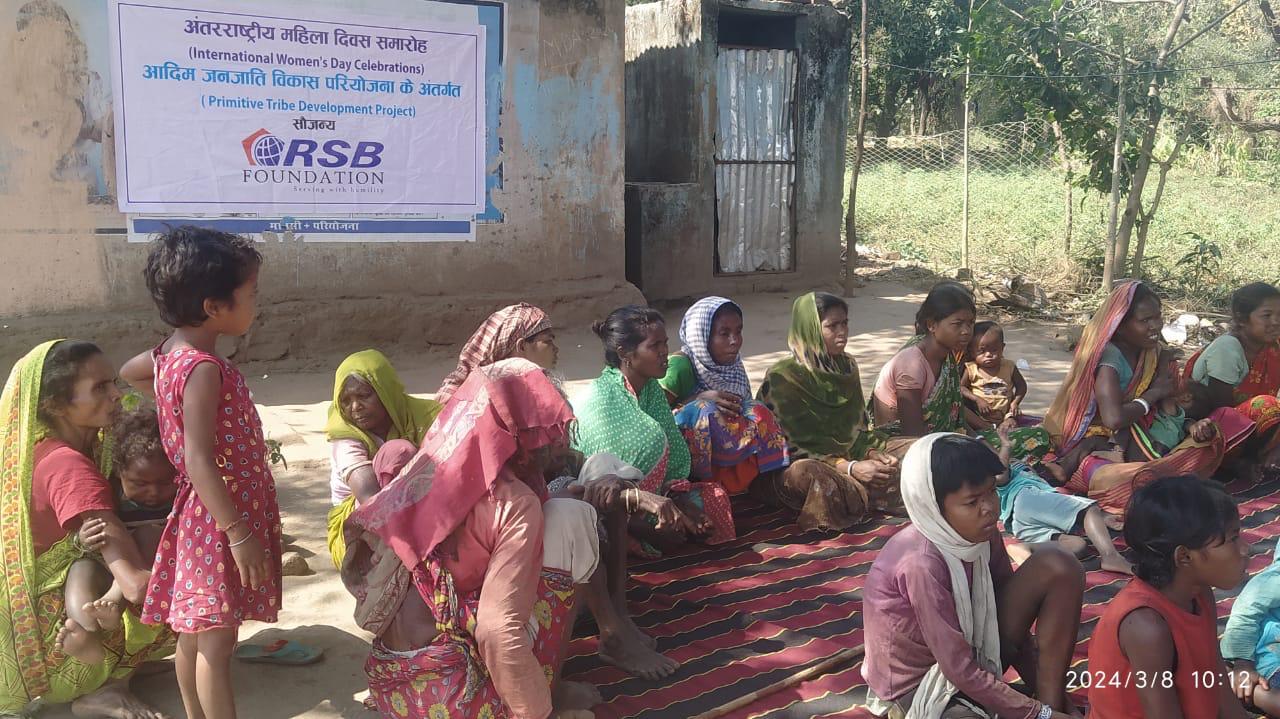
.jpeg)
